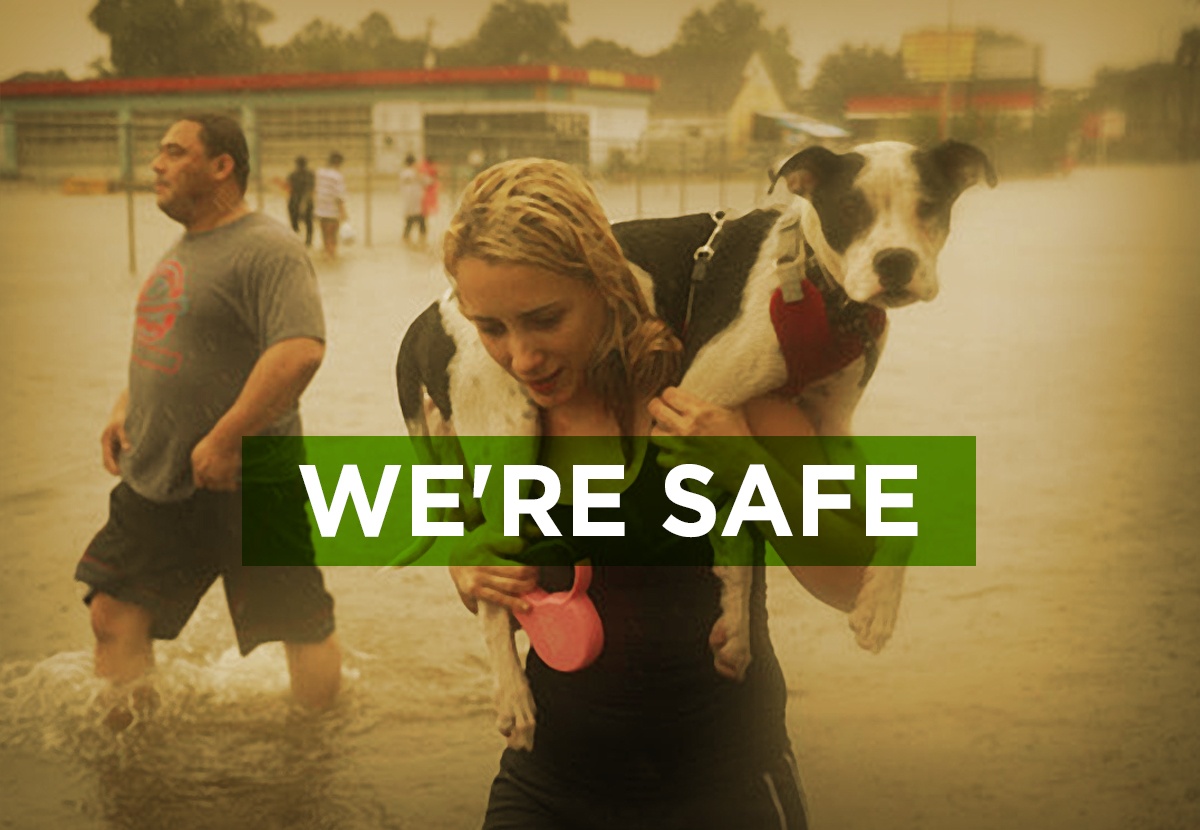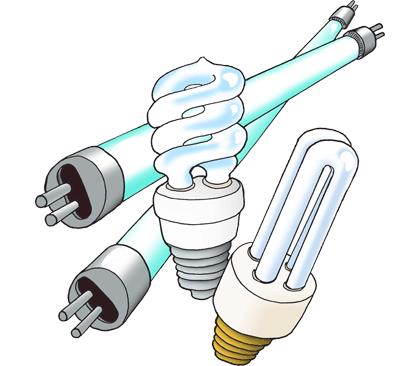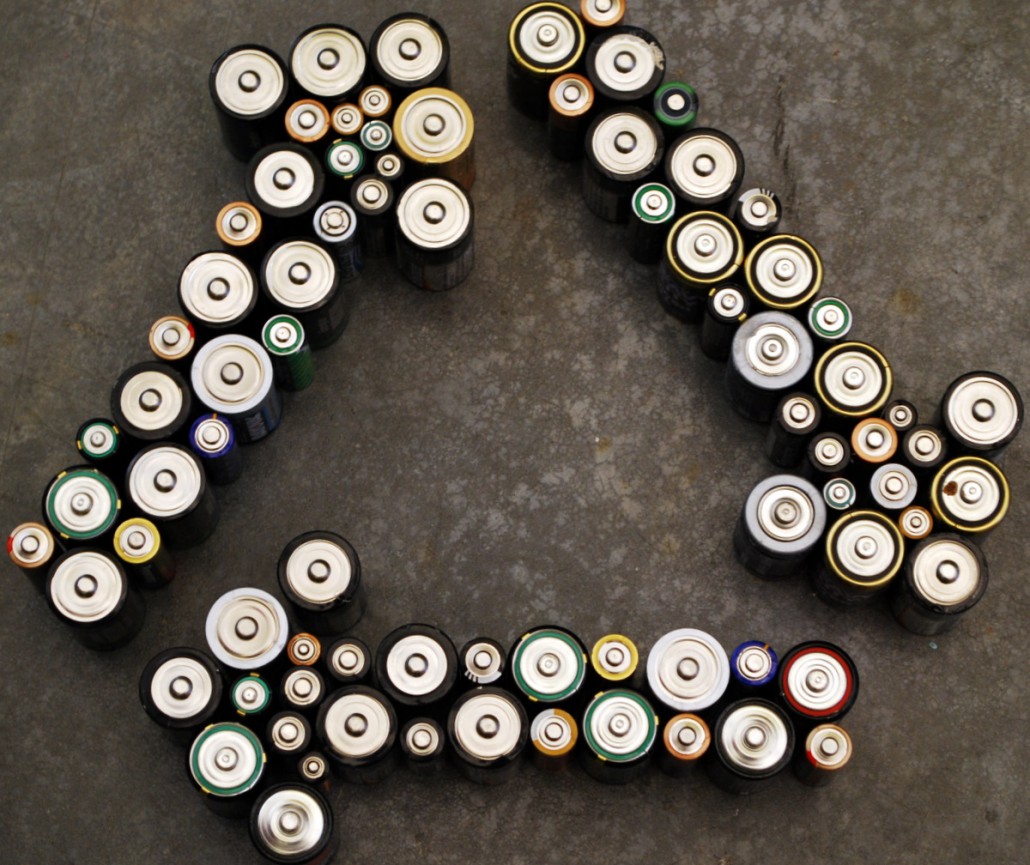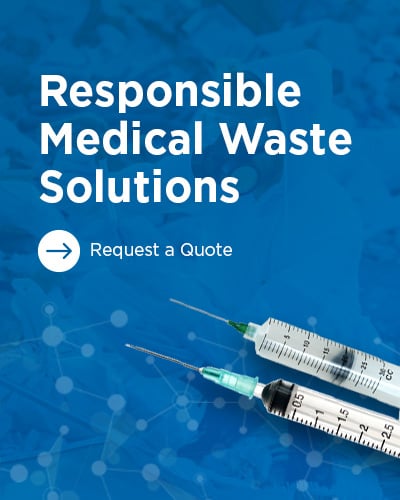In November, the world comes together to recognize the strength, resilience, and stories of people living with diabetes. World Diabetes Day is held on November 14, while National Diabetes Month is throughout November. Both shine a light on what millions of individuals experience daily living with diabetes including the challenges of managing a chronic condition and the hope that comes with awareness. At PureWay Compliance, we ...
Regulatory Changes Are Shaping the Cost of GLP-1 Medications In December 2024, the U.S. Food and Drug Administration (FDA) announced the resolution of the tirzepatide shortage. Which is the active ingredient in Eli Lilly’s Mounjaro and Zepbound. During the shortage, compounding pharmacies were allowed to produce versions of tirzepatide to help meet demand. However, now that the shortage is resolved, the FDA is requiring ...
Every day, healthcare facilities, pharmacies, and homes generate medical waste. Items like used needles, syringes, and other sharps or medical waste. While these materials are essential for treating illnesses and managing health, their improper disposal poses significant risks to people and the environment. This issue is more than just a healthcare problem; it’s a community-wide concern that affects us all. Why Improper ...
The handling and disposal of medical waste is a reality for any dental facility, with multiple regulations in place to ensure that the ecological impact of its disposal is as minimal as possible. With over $996 billion pharmaceuticals sold worldwide annually, it’s imperative that the disposal of the resulting medical waste is handled properly and efficiently. Both medical professionals and the public are largely unaware of ...
There are four main categories of medical waste in a dental office: sharps, infectious, hazardous, and non-hazardous. Learn about each here. As a waste management and compliance company we often get asked by dentists “What are the different types of waste I am required to dispose of and show documentation for?” There are four main types of dental waste, and each comes with its own standard for proper disposal. In this post we ...
To our customers: We are safe and available to you. Although our offices were also impacted by flooding and many of our staff had to be evacuated, PureWay Waste Compliance (Katy, TX) remains 100% operational and we are working with our out-of-state offices to ensure all orders get processed within 48 hours. As a waste compliance service, we will go the extra mile to assist our customers and those affected in the greater ...
Did you know that all types of lamps can be recycled? It is important to recycle lamps to decrease the large quantity of hazardous and reusable materials (such as metal) that is currently going to waste in our landfills. A wide variety of energy-efficient mercury-containing light bulbs are becoming popular both within the household and business setting. Some examples include: Compact fluorescent lightbulbs (CFLs) and other ...
Depending upon your location and battery type, some batteries are now considered hazardous “Universal Waste”, meaning that it is illegal to place batteries in the trash or curbside recycling container. The improper disposal of batteries can cause soil contamination and water pollution; in addition, battery recycling is important because they are a valuable metal source and recycling keeps strong corrosive acids away from the ...
Category
- sharps disposal (39)
- Medical Waste (37)
- sharps container disposal (36)
- sharps mail back (30)
- Compliance (27)
- Pharmaceutical Waste Disposal (17)
- Safety (16)
- Infection Control (13)
- Dental Practice (12)
- biohazardous waste disposal (11)
- #GLP1 (10)
- Hazardous Waste (10)
- OSHA (10)
- patient support programs (10)
- News (9)
- Universal Waste (8)
- amalgam disposal (8)
- Hazardous Waste Disposal (7)
- OSHA Training (6)
- amalgam separators (6)
- vet sharps disposal (6)
- Diabetes (5)
- amalgam recycling (5)
- dental clinical waste disposal (5)
- Amalgam (4)
- Diabetes Mangagement (4)
- ECOII Amalgam Separator (4)
- quart containers (4)
- Diabetes Awareness (3)
- News & Regulations (3)
- medication disposal (3)
- surface disinfectant (3)
- veterinary medical waste (3)
- Diabetic Kit (2)
- HIPAA (2)
- flu vaccine (2)
- influenze (2)
- BioSURF (1)
- HIPAA Compliance (1)
- HIPAA Law (1)
- HIPAA Violation (1)
- RP Returns (1)
- improving patient experience (1)
- sharps disposal for veterinarians (1)













